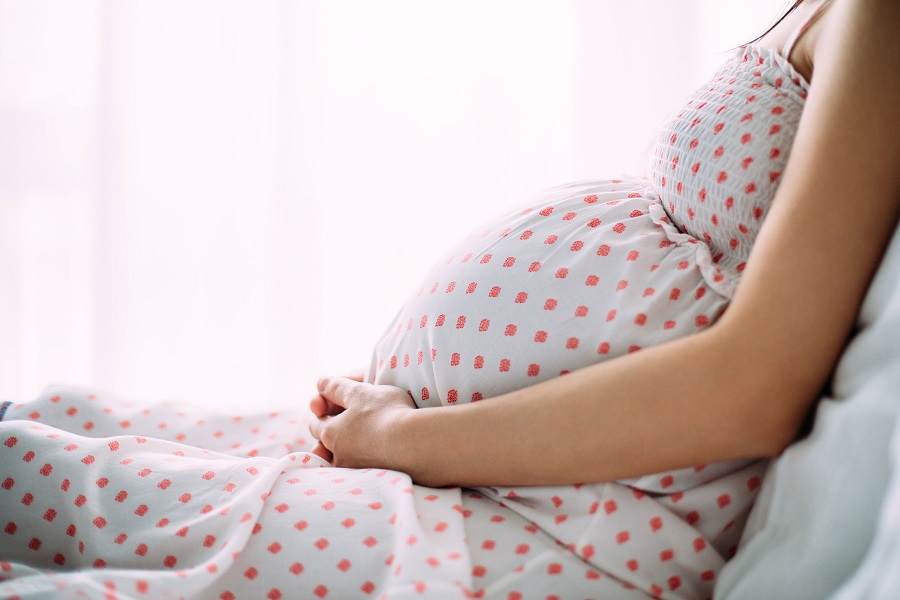There is nothing quite challenging and exhausting but awe-inspiring and amazing as jumping headlong into the abyss of motherhood. It is a turning point in a woman’s life when she would feel incredibly blessed, loved, and needed by a tiny bundle of joy. However, with the sudden priority changes that motherhood may bring, some women are downheartedly happy about restless nights, or on saving up and budgeting for a child, and in getting pregnant most of all.

These women, who are sexually active but hate pregnancy because of the supposed “no sex, no alone time, no sleep” policy and are scared of having squashy and stretched postpartum bodies, must get to know the basics in pregnancy prevention. Read up on some reliable forms of birth control that women can choose from when they are not yet ready to have babies along with the heavy responsibilities that go with it.
Protection for the Genital Section
Condoms are useful when it comes to preventing women from unintended pregnancy, sexually transmitted infections, and even HIV-AIDS. Accordingly, condoms are the most convenient of all barrier contraception as you can purchase them online or from any pharmacy without a prescription from a medical doctor.
You can even score free condoms from community health centers that advocate planned pregnancy, top-notch sexual and reproductive health, and HIV-AIDS and abortion prevention. Moreover, condoms do not only offer protection but also provide satisfaction as it comes in different forms, textures, and flavors that heighten sexual desire for both sexes. On top of it all, condoms have no side effects, and these help other birth control methods to work better for you.
The Pill That Can Change Everything
Contraceptive pills are one of the most frequently used barrier contraceptives as these are safe and convenient in preventing pregnancy. These pills can also make a woman’s monthly period lighter, lessen her acne, and relieve cramps linked to menstruation. Other health benefits include bone thinning prevention, ovarian cysts reduction, and curtailment of infections in the uterus, fallopian tubes, and ovaries. Taking contraceptive pills can make sex lives way better as women will already stop worrying about getting pregnant while having sex with their partners.
Make Your Hormones Work For You
In preventing unwanted pregnancies, a massive body of research has deemed hormonal contraceptives immensely effective as they change the average levels of a woman’s progesterone, estrogen, and other hormones. A woman will not ovulate when she takes a hormonal contraceptive as it halts the regular production patterns of procreative hormones and stops the ovary from releasing eggs.
Hormonal vaginal rings, combined oral contraceptives like reclipsen, and contraceptive patch are among the hormonal contraceptives that contain both estrogen and progestin. You can get a cut-price hormonal contraceptive using a reclipsen coupon, which can thicken a woman’s vaginal fluid to prevent a man’s sperm from fertilizing an egg. Apart from preventing pregnancy, said contraceptive might be able to make a woman’s monthly period regular and reduce the risk of having ovarian cysts.
Taking the First That Comes Along
Also known as the morning after pills, women must take emergency contraceptive pills within seventy-two (72) hours of unprotected sexual intercourse. Accordingly, the sooner a woman uses it for pregnancy prevention, the better its effectiveness. Hence, women must take the pills immediately after lovemaking.
There are different kinds of the morning after pills and the best type for women will depend on several factors like a woman’s weight, whether or not a woman is breastfeeding a child, and when a woman had sex with her partner. In some countries, these pills are available over the counter, but there are also countries wherein women still need a prescription from doctors.
When Planning Is Everything
Fertility awareness is the key to understanding what natural planning method is. It just means that women must take note of their menstrual period every month as well as avoid sex during their fertile phase. In using this method, women must measure their body temperature, notice the quality of their cervical mucus, and write down the start and end of their menstrual cycle for months. Natural family planning is considered ninety-nine percent (99%) effective in warding off unwanted pregnancies.
Takeaway
Contraceptive use will always have a monumental impact on women’s sexual and reproductive health. Women must highlight the importance of knowing what birth control methods to use, which of them are the most efficient, and which are the least valuable in preventing unwanted pregnancies. After all, they can only decide for themselves when they are ready to call themselves “moms” —physically, emotionally, and financially.

